Though the weather of fall is usually lovely those cool mornings and nights, and warm days, lead to some dehydration in the body and adjustments in your diet and routine should follow. I like to view autumn as the best combination of exuberance and restfulness. What I mean by this is that the bright, colorful hot days enable an energized attitude. Hiking, fast walking, picking apples, carving pumpkins, making chutneys and soups. There's abundance and fullness to enjoy. At the same time, in the evenings I like to take an attitude of quiet withdrawal. Going to bed early, making a cup of warm milk, curling up with a good book--getting myself ready for the season of hibernation and energy-building from within.
My family has some fall traditions that I absolutely cherish. We do go apple-picking, and enjoy a local corn maze. There is a scavenger hunt at a pumpkin farm that is always a season highlight. My daughter still dresses up for Halloween in couture-level costumes made by my mother who should have been a designer. (This year she's going as "Zombie Elsa" combining to cultural trends). I'll bake those absolutely awful-for-you decorative Halloween cookies (the ones you simply take out of the package and stick on a tray). We like to enjoy some local music events as well and yes, my husband and daughter will carve pumpkins (I stay clear of this event and leave the artistry to them).
To my mind, negotiating October well is a necessity given that most of us have a lot going on in November and December. Regardless of your religion affiliation (or non-affiliation), the "holiday" season cannot be entirely escaped. The volume is turned up socially and you'd have to never enter a store in order to avoid the ramped-up consumerism. Office parties and such abound and it hardly seems right to end your year with the exhaustion of your body, the cluttering of your mind and the depletion of your bank account! A good October can set the stage for a holiday season filled with sensible eating, meaningful socializing and deep reflection.
Things to do now:
- Walk/hike: Enjoy the perfection of the changing seasons. Alone or with loved ones, it's all good.
- Sleep: Make it a promise to get to bed 30 minutes earlier than usual.
- Sit: In meditation, five to ten minutes a day to start. Get yourself ready for the contemplative time of year.
- Eat: Softer foods. Porridge, baked squashes, soups, cooked greens (I use them as a base for my salads in place of raw greens).
- Drink lots of hot water, with or without lemon/ginger, green tea, black tea, herbal tea.
- Read: Poetry, memoir, fiction--whatever you can!
These are manageable goals and allow us to shift from a summer mindset to one of the changing seasons. And, of course, if you really want to enjoy October, sign up for Your Art of Living's Mini-Course. We'll look at various subjects (crows, pumpkins, clambakes and Halloween) and work those themes/studies into our lives in unusual and inspiring ways.
http://www.yourartofliving.com/our-products.html
Artfully Yours, Lisabeth
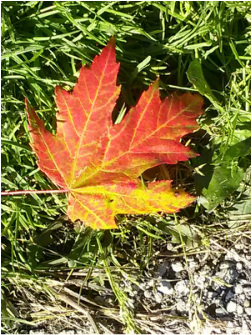
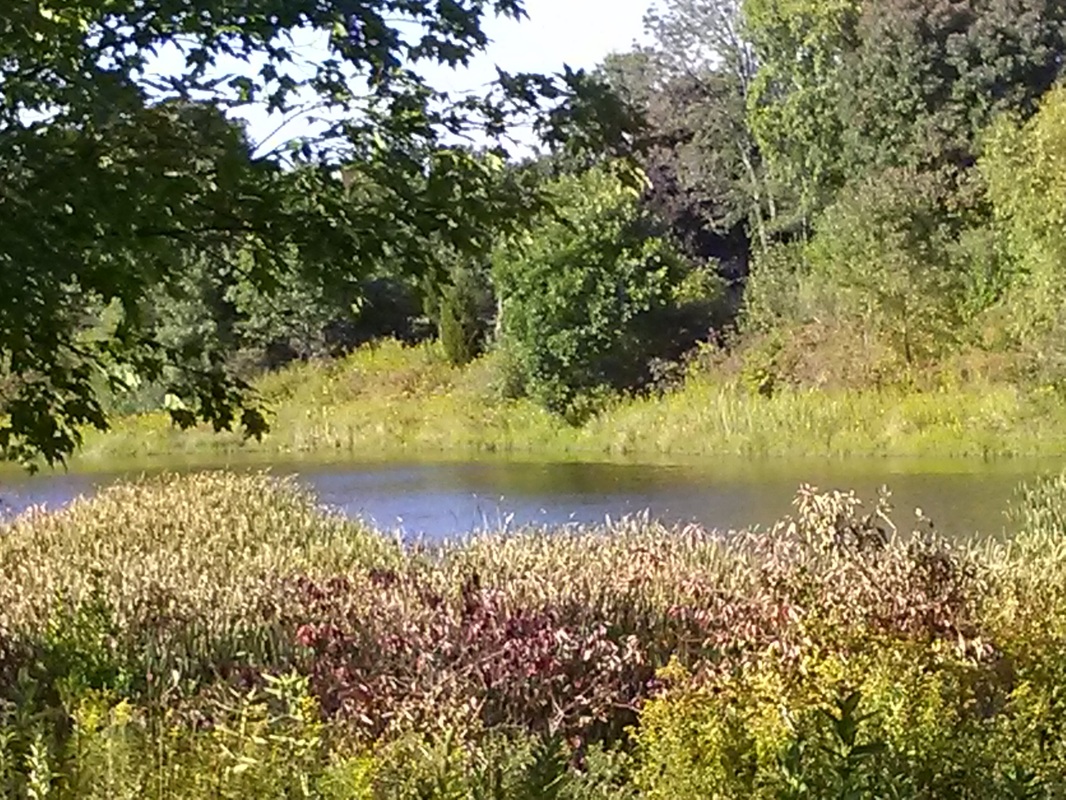
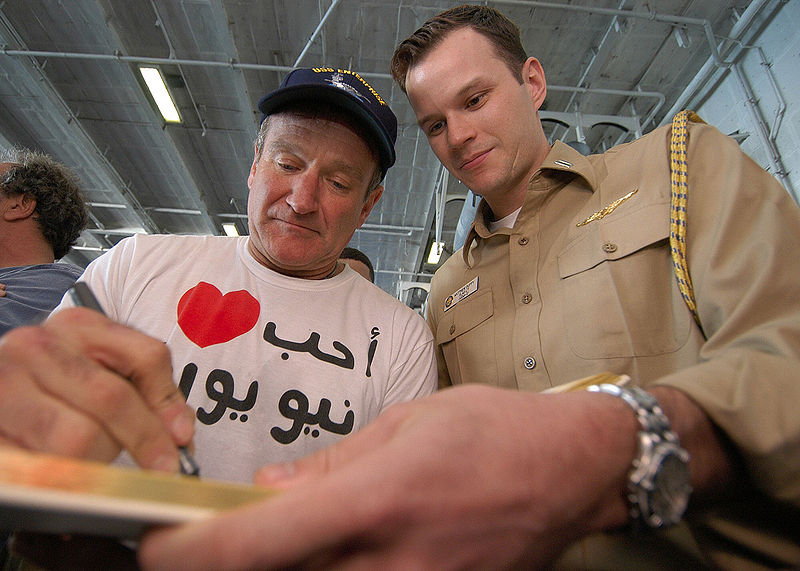
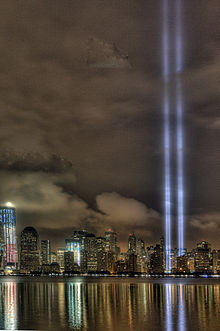
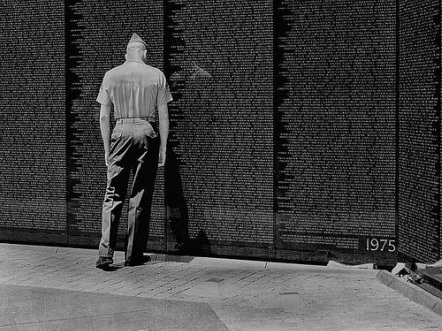
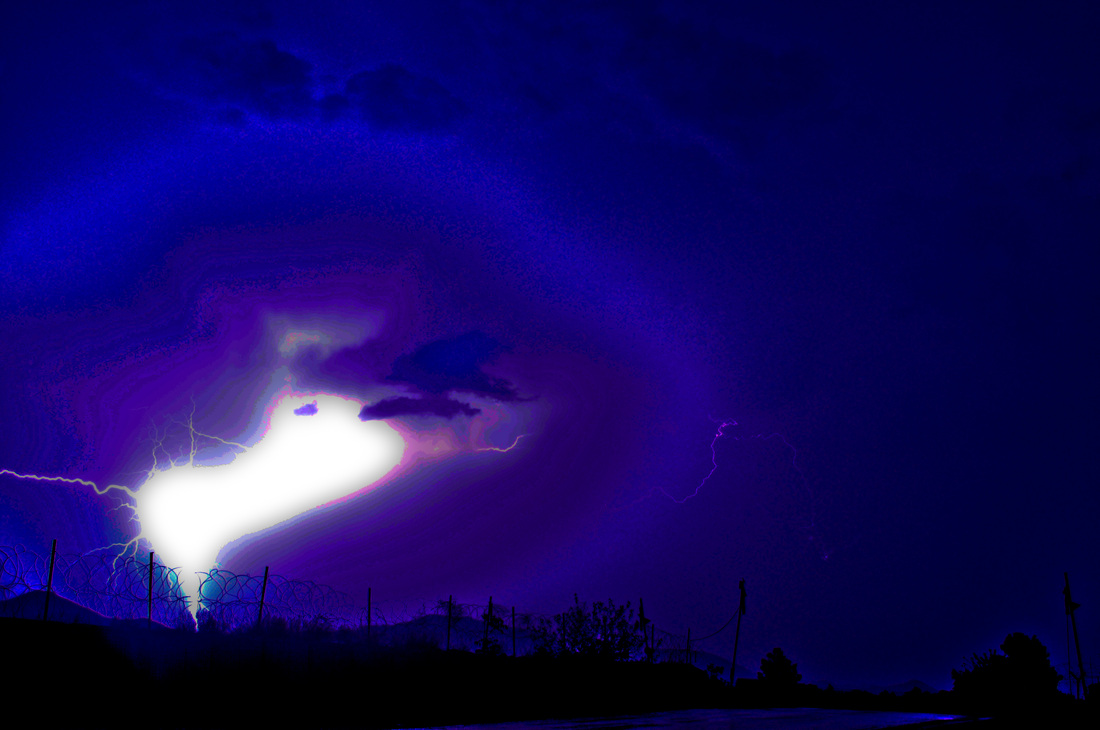
 RSS Feed
RSS Feed